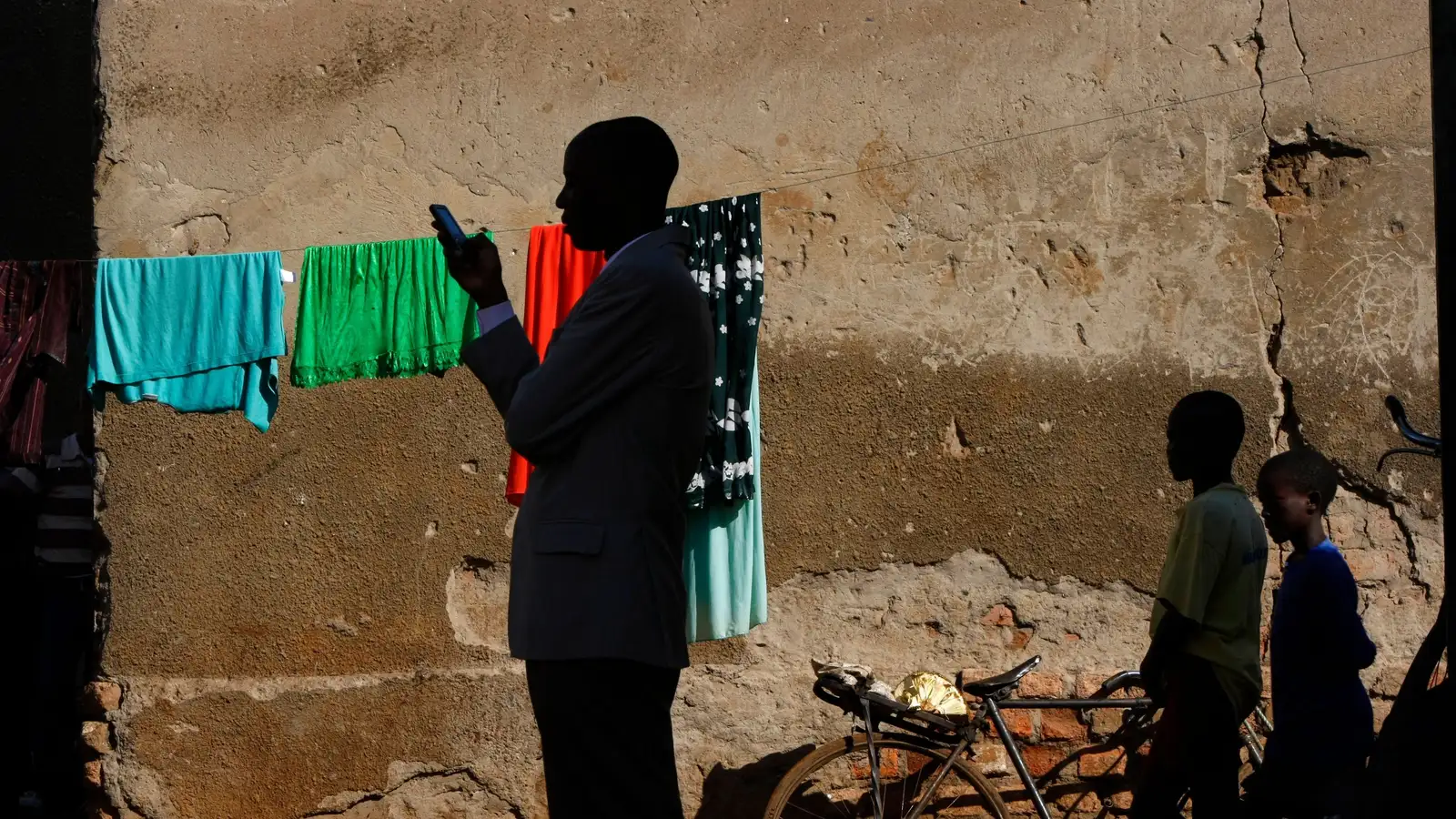From TikTok To Lockup: Ugandans Are Going To Jail For Dissent On Social Media

Human rights activists are agitated following the travails of a 24-year-old Ugandan man, Edward Awebwa, who has been sentenced to six years in prison for a TikTok video criticising the country’s first family. The video included statements against President Yoweri Museveni, First Lady Janet Museveni, and their son Muhoozi Kainerugaba, head of the military.
Awebwa faced charges of hate speech and spreading “misleading and malicious” information, including claims of increased taxes under President Museveni. Despite pleading guilty and asking for forgiveness, the presiding magistrate, Stella Maris Amabilis, found him unremorseful. “The accused deserves a punishment which will enable him to learn from his past,” she stated, adding that the accused spat out insults that were “really vulgar.” Awebwa received six years for each of the four charges, to be served concurrently.
Rights groups frequently criticise Ugandan authorities for human rights violations and suppressing freedom of expression. In 2022, award-winning author Kakwenza Rukirabashaija was charged with “offensive communication” for criticising the president and his son on Twitter. He fled to Germany after a month in jail, alleging torture. Activist Stella Nyanzi faced jail time for a poem critical of Museveni and is now in exile.
Human rights lawyer Michael Aboneka highlighted the vagueness of the laws under which Awebwa was charged, calling for their reevaluation. “The president and his family should expect to be criticized at whatever angle,” Aboneka told BBC Newsday. He emphasized the ongoing legal challenges against these laws, stating they suppress free speech.
President Museveni has ruled Uganda since 1986, long before Awebwa was born. In 2022, he signed a law against speech that rights groups argue targets online freedom. The constitutional court later deemed a section penalising “offensive communication” unconstitutional.
Awebwa’s case shows the tension between digital expression and governmental control in Uganda. As social media platforms like TikTok become outlets for political dissent, the government’s stringent response highlights the risks Ugandans face in voicing criticism online.